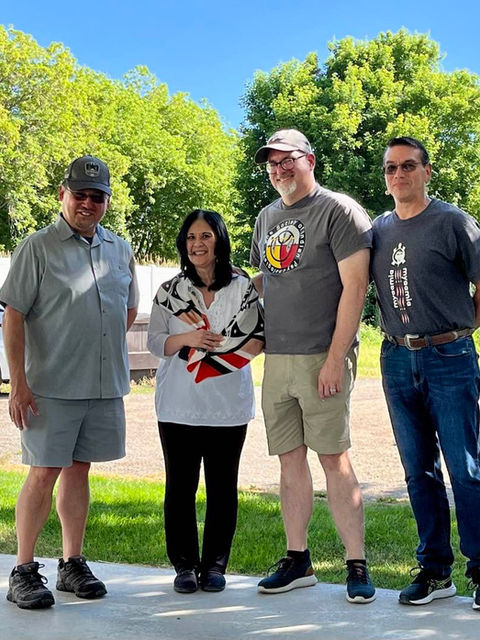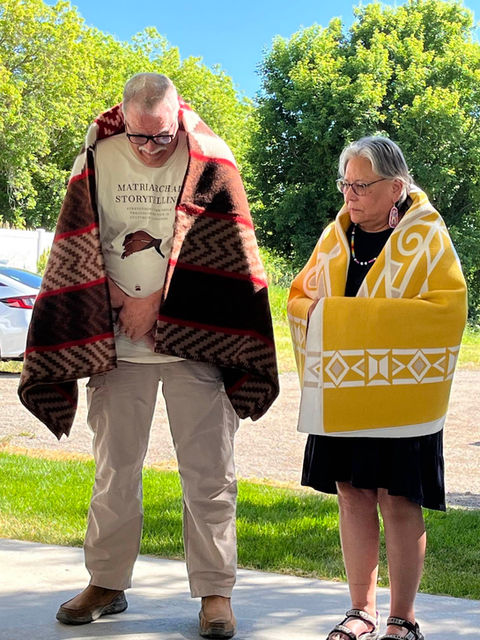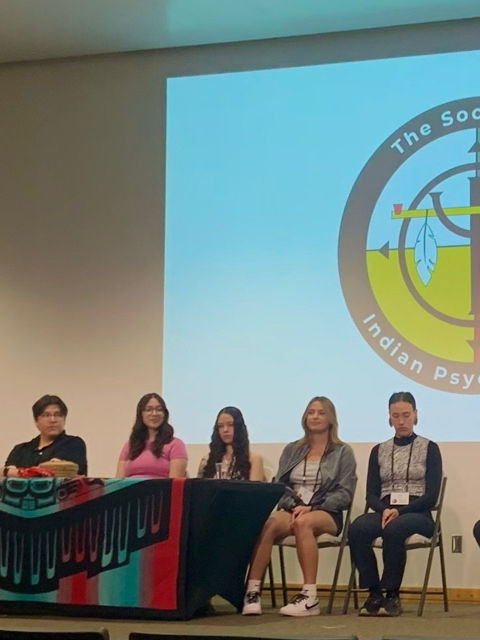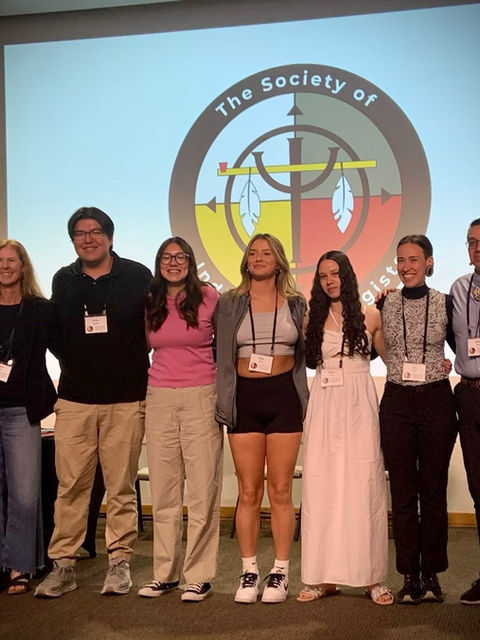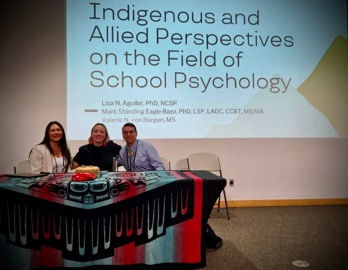
Happy March!
March arrives with movement and light across Turtle Island. As winter begins to soften in many homelands, this season invites renewal, transition, and growth. In places that observe Daylight Saving Time, the clocks shift forward, an adjustment that can impact sleep, mood, and daily rhythms. As the days grow longer, we are reminded that change is both natural and cyclical, calling us to move gently with ourselves and our communities.
March is also a time of powerful celebration and recognition. Across the United States and beyond, we honor Women’s History Month, uplifting the leadership, resilience, and brilliance of women and girls across generations. International Women’s Day (March 8) offers an opportunity to celebrate the contributions of women globally while continuing to advocate for equity, safety, and opportunity. For Indigenous communities, this month holds space to honor the matriarchs, knowledge keepers, culture bearers, healers, and emerging leaders who sustain our families and Nations.
Seasonal teachings in many Nations emphasize preparation, planting seeds, literal and metaphorical, and strengthening relationships. Spring invites us to reflect on what we are cultivating in our lives: community connection, professional growth, cultural continuity, and collective care.
Holding Mental Health with Compassion
If you or someone you love is experiencing emotional distress, crisis, or thoughts of self-harm, support is available:
-
United States: Call or text 988 — Suicide & Crisis Lifeline (24/7)
-
Canada: Talk Suicide Canada at 1-833-456-4566 or text 45645 (evenings)
-
StrongHearts Native Helpline (U.S.): 1-844-7NATIVE (762-8483) — confidential, culturally-grounded support for Native and Indigenous peoples affected by violence
-
If you are in immediate danger, please contact local emergency services
If you are outside these regions, we encourage reaching out to local Indigenous organizations, health centers, or community leaders for culturally relevant support.
Federal Regulations you may have missed for 2025
Turquoise Alert: Arizona's Commitment to Missing Indigenous PersonsIn a significant legislative move, Arizona has passed House Bill 2281, establishing the "Turquoise Alert" system for missing Indigenous persons. This alert system, named in honor of 14-year-old Emily Pike, aims to raise awareness and expedite responses to cases involving Indigenous individuals. It's a step toward healing and justice for families and communities affected by such tragedies.
With the introduction of new legislation limiting EDI programs, experts are shifting toward inclusion-focused approaches to ensure support while balancing diverse needs. Leaders like Tabbye Chavous, PhD, emphasize the ongoing importance of EDI in promoting equitable access and success. Ella F. Washington, PhD, notes that EDI initiatives have faced fluctuations in support over the years, encouraging organizations to stay consistent in their commitment.
To explore more about how EDI efforts are evolving, visit the APA website.
Updates: The Centers for Medicare and Medicaid Services (CMS) released the CY2025 Physician Fee Schedule Proposed Rule on July 10, 2024. Find more info: https://www.apaservices.org/practice/reimbursement/government/cms-federal-rule
Medicare changes in 2025. The final rule on the 2025 Medicare physician fee schedule brings some good news for psychologists and aims to increase access to behavioral health services. https://www.apaservices.org/practice/reimbursement/government/2025-medicare-changes
Extensions of telehealth access options. https://telehealth.hhs.gov/providers/telehealth-policy/telehealth-policy-updates
Mental Health Parity and Addiction Equity Act Final Rules (“Final Rules”) Are Released: Plans and Issuers Must Prepare for January 1, 2025 Effective Date (US). Find more info: https://www.triagehealthlawblog.com/hhs/mental-health-parity-and-addiction-equity-act-final-rules-final-rules-are-released-plans-and-issuers-must-prepare-for-january-1-2025-effective-date-us/
MARCH RELATIVES' HIGHLIGHTS

SIP RETREAT & CONVENTION 2026
The convention preparations are almost in a wrap.
Calling all abstract submissions. Would you like to present at the convention?
Click here to learn how you can submit your abstract to be considered!
Executive Committee Statement on ICE Enforcement and the Well-Being of Indigenous Communities
The Society of Indian Psychologists’ Executive Committee offers this collective statement in response to recent Immigration and Customs Enforcement (ICE) activities affecting Indigenous communities. Grounded in Indigenous values, ancestral teachings, and ethical psychological practice, this commentary addresses the mental, cultural, and spiritual impacts of enforcement actions on Native peoples, emphasizing sovereignty, historical trauma, and the need for culturally responsive, healing-centered approaches.
THE YEAR 2026
For allies, agencies, organizations, and groups looking to produce a Land
Acknowledgment, we would like to share and amplify existing resources developed by
the Native Governance Center. We would like to urge interested parties to review in its
entirety the Indigenous Land Acknowledgement Guide.
This guide takes you through some steps to developing a thoughtful, respectful, and well-
researched land acknowledgment.
Most importantly, we urge interested folks to take time to review the Beyond Land
Acknowledgement Guide.
This resource outlines some problems with land acknowledgements, including
asking Indigenous collaborators to develop the land acknowledgment, careless or
limited research to inform the statement, and a focus on verbiage and optics rather than
steps towards tangible allyship. This guide then walks readers through developing a
meaningful action plan for Indigenous allyship that moves beyond land
acknowledgment, including a self-assessment and action planning worksheet.
Updated March 27 2025 by Brian McNeill, Ph.D. (Nez Perce and Palouse)












